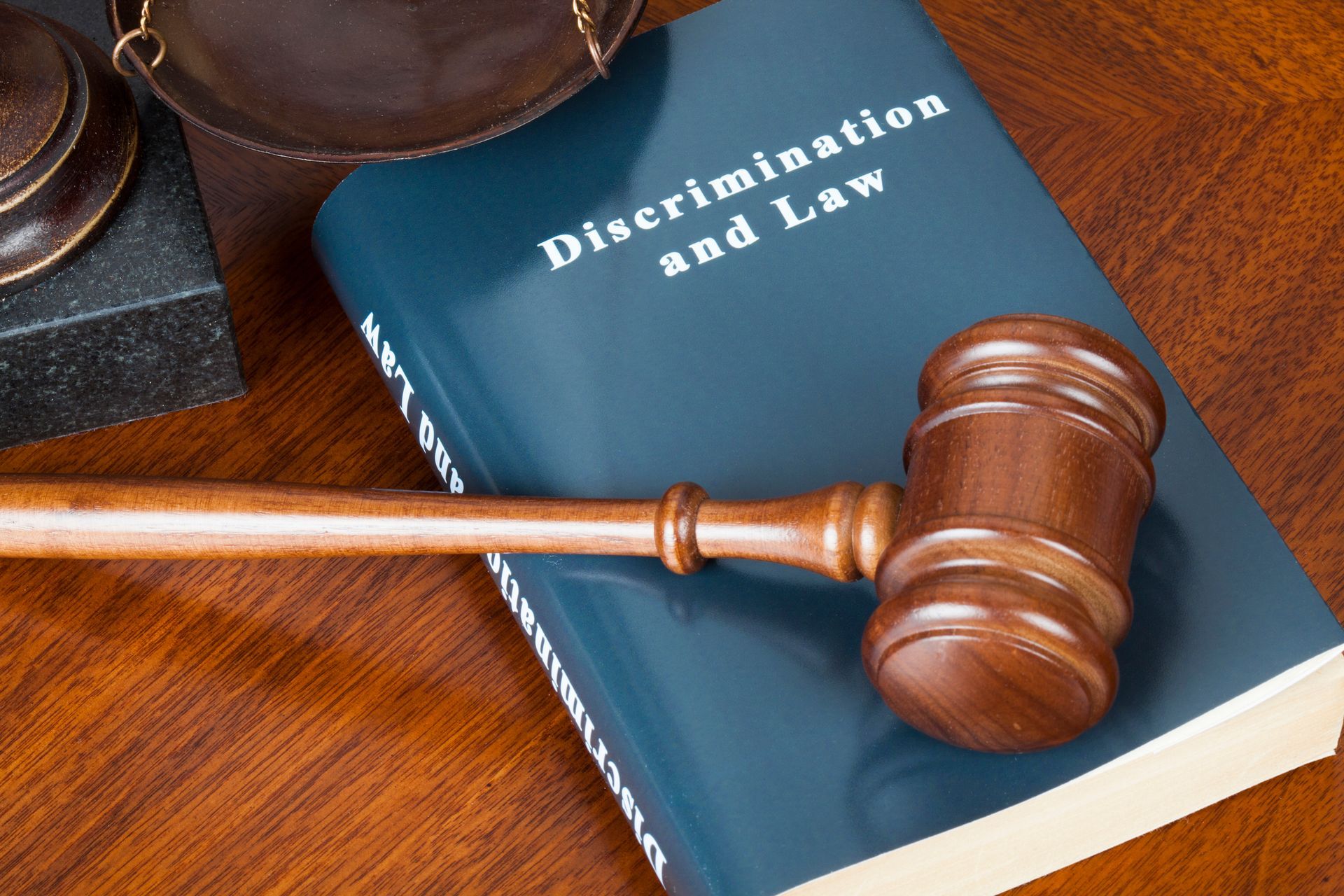What to Do If You Were Sexually Harassed in the Workplace

Your employer has a responsibility to provide you with a safe, productive work environment. Unfortunately, if you are the victim of sexual harassment by one or several coworkers, you can feel like your workplace is no longer safe. Your coworkers might tell you to lighten up or that it isn't a big deal. Sexual harassment is a big deal and you have the right to protect yourself.
Here are the steps you should take if you are the victim of sexual harassment in the workplace.
Understand What Constitutes Sexual Harassment
Legally, sexual harassment is considered a form of discrimination. The Equal Employment Opportunity Commission, or EEOC, divides sexual harassment into two categories: hostile work environment and quid pro quo harassment.
Quid pro quo harassment is any harassment that involves a threat or implication of retaliation, such as demotion or termination, or a promise of a promotion or another benefit, if the harassed agrees to perform a sexual favor.
When the sexual harassment makes a person feel unsafe at work or creates an environment that makes it impossible for the individual to be productive, this is a hostile work environment.
Sexual harassment can come in many forms, including verbal, physical, written, or visual. For example, an employer, peer, or subordinate can make an unwanted sexual advance, draw an explicit picture, or inappropriately touch a fellow employee.
Learn Your Company's Policy on Sexual Harassment
Check your company's website or employee handbook for your employer's sexual harassment policy. The policy may outline the steps you must take to report sexual harassment to your employer. For example, your employer might require you to report the harassment to a direct supervisor, the company's owner, or a human resources representative.
If you company doesn't have a sexual harassment policy in place, you still have rights and protections under the EEOC and your state's sexual harassment laws.
Document Instances of Sexual Harassment
Write down every time you suffered sexual harassment in the workplace. Create a notebook and put on the cover “In anticipation of litigation.” This title means that the notebook is solely for you and your future lawyer. Be as thorough as possible and include the harasser's name, anyone who witnessed the harassment, and where and when the harassment occurred. Document everything that was said, written, or if you were touched inappropriately.
Continue to write down any instances of sexual harassment as they occur, even after you file a complaint or hire an attorney. Your harasser might learn of your complaint and the harassment may continue. Documenting your harassment will strengthen your case and provide evidence of your harassment.
Contact an Attorney
Before you file a complaint, talk to an attorney. A lawyer can help you better understand the federal and state sexual harassment laws, what constitutes sexual harassment, and how to file an official complaint with the EEOC. Unfortunately, if you report harassment to your supervisor or a human resources representative, you could be reprimanded, demoted, or even lose your job.
An attorney can help you craft an official complaint and guide you through what happens after you file the complaint and if you lose your job.
Report Harassment to Your Supervisor or Human Resources
Finally, no matter if your company has an official sexual harassment policy or not, you should report the harassment to someone in your company, whether it is your direct supervisor or a representative from human resources. You may be asked to fill out an official complaint form or provide any information you have about the harassment, such as the information you recorded in your documentation.
Do not fill out any paperwork before you contact your attorney. You may accidentally sign away your right to file a complaint against your employer.
Sexual harassment in the workplace is a serious problem that should not be tolerated. If you have any further questions, contact the professionals at Allen D. Arnold, Attorney at Law.
Alabama Rules of Professional Conduct Notice: No Representation is made that the quality of legal services offered is greater than that of other lawyers. The information contained on this website is not a substitute for legal advice, and reading it does not create an attorney-client relationship.









